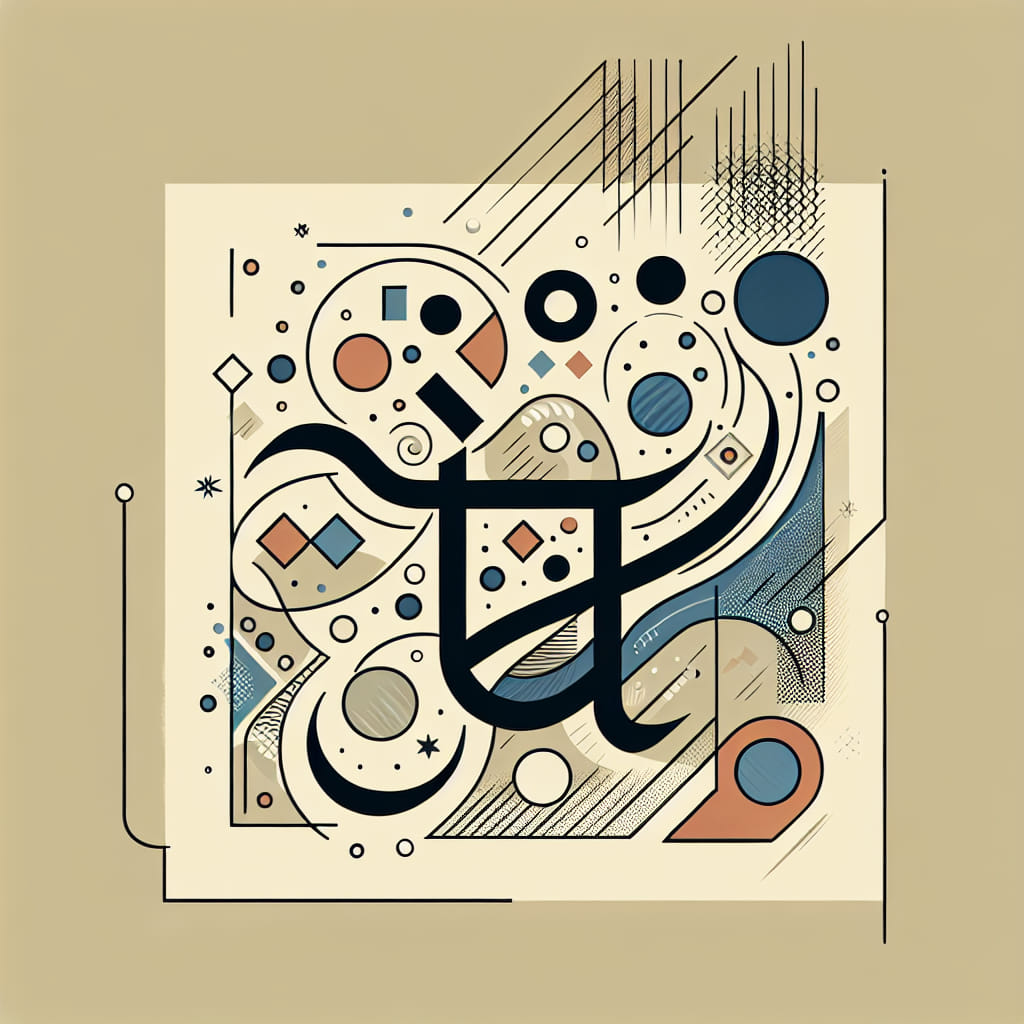· word of the day · 4 min read
Adab: Unlocking the Rich Cultural Tapestry of Arabic Language
Discover the rich cultural and literary significance of the Arabic word Adab and enhance your language learning journey with deeper insights.

Discovering unusual and unique words in any language can be a thrilling adventure. It not only broadens your vocabulary but also deepens your understanding of the culture and nuances that shape the language. For language learners, these words can offer a window into the soul of a language, revealing its history, literature, and the way its speakers think and feel. Today, we’re diving into a fascinating word in the Arabic language that is deeply intertwined with literature and writing.
The Word: “أدب” (Adab)
Pronunciation: ah-dab
Meaning: The word “أدب” (Adab) is a multifaceted term that primarily translates to “literature” or “etiquette” in English. However, its significance extends far beyond these simple translations. In the context of literature, “أدب” refers to the body of written works, encompassing poetry, prose, and other forms of literary expression. When used to mean “etiquette,” it embodies the principles of good manners, moral conduct, and refined behavior.
Cultural Significance
The concept of “أدب” is deeply rooted in Arab culture and history. In ancient times, “أدب” was associated with the education and cultivation of young men in the arts of poetry, rhetoric, and moral philosophy. It was considered essential for anyone aspiring to be a learned and respected member of society. This duality of meaning—literature and etiquette—reflects the Arab world’s reverence for both intellectual and moral refinement.
Examples of Usage
In Literature:
- “أحب قراءة الأدب العربي.”
Translation: I love reading Arabic literature. - “لقد كتب العديد من الشعراء العرب أدبًا رائعًا.”
Translation: Many Arab poets have written wonderful literature.
- “أحب قراءة الأدب العربي.”
In Etiquette:
- “تعلمت أدب الحديث في المدرسة.”
Translation: I learned the etiquette of conversation at school. - “الأدب هو جزء مهم من الثقافة العربية.”
Translation: Etiquette is an important part of Arab culture.
- “تعلمت أدب الحديث في المدرسة.”
Idiomatic Expressions and Sayings
The word “أدب” also appears in various idiomatic expressions and sayings, often highlighting its dual meanings:
“أدب النفس قبل أدب الدرس”
Translation: “Refine the self before refining the lesson.”
Meaning: This saying emphasizes the importance of personal conduct and moral refinement before academic learning.“من أدب المرء ترك الجدل”
Translation: “It is part of a person’s etiquette to avoid arguments.”
Meaning: This highlights the value placed on maintaining harmony and good manners.
Role in Literature and Folklore
In Arabic literature, “أدب” is not just a term but a genre in itself. Classical Arabic literature, known as “الأدب العربي” (Al-Adab Al-Arabi), includes a rich tradition of poetry, prose, and philosophical writings. Renowned works like “ألف ليلة وليلة” (One Thousand and One Nights) and the poetry of “المتنبي” (Al-Mutanabbi) are celebrated examples of “أدب” that have influenced not only Arab culture but also world literature.
Folklore, too, is imbued with “أدب.” Traditional tales often carry moral lessons and etiquette, teaching listeners the values of respect, bravery, and wisdom. These stories serve as a cultural repository, preserving the collective wisdom and social norms of the Arab world.
Enriching Your Language Learning Journey
Learning words like “أدب” can significantly enrich your language learning experience. Such words offer insights into the cultural and historical contexts that shape the language, making your learning journey more meaningful and engaging. They also enhance your ability to appreciate the subtleties and beauty of the language, allowing you to connect more deeply with native speakers and their cultural heritage.
By exploring words with rich cultural and literary significance, you not only expand your vocabulary but also gain a deeper appreciation for the language and its speakers. So, the next time you come across a unique word in Arabic, take a moment to delve into its meanings and cultural background. You’ll be surprised at how much it can add to your understanding and enjoyment of the language.
Ready to explore more fascinating words and deepen your understanding of the Arabic language? Download Glosa here and embark on a journey of linguistic and cultural discovery!




